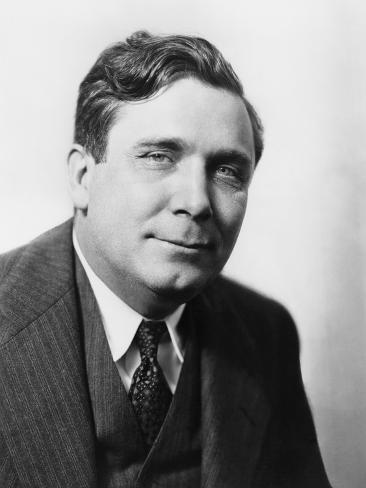Wendell and Edith Willkie rest together in Rushville's East Hill Cemetery, the gravesite was marked by a cross, and a book was carved in stone, designed by sculptor Malvina Hoffman, and inscribed with quotations from One World.

In April 1943, Robert van Gelder, the New York Times book editor, used his regular column, “Speaking of Books,” to hail a recent bestseller. The book, One World (1943), by the 1940 Republican presidential nominee Wendell Willkie, had provoked an unprecedented sensation.
Ten days after it appeared, the little volume was jumping out of the stores like no book before it in the history of publishing. The story of Willkie's journey around the world in late 1942, One World would eventually reach millions of Americans. Willkie enchanted them with the story of his encounter with the people of the world, from a Baghdad shopkeeper and a Soviet factory superintendent to Charles De Gaulle, the Shah of Iran, Joseph Stalin, and Madame Chiang Kai-shek, while also challenging readers to embrace the new spirit of.
 In your device manager is there a Sound/Video section in your device manager?
In your device manager is there a Sound/Video section in your device manager?
Abstract Abstract: During the World War II era, a time of civilizational uncertainty, globalism emerged as a rhetorical alternative both to the isolationism predominant before the war and to the Cold War bipolarity that would replace it. A primary advocate for globalism was Wendell Willkie, the failed 1940 Republican presidential candidate who went on to cooperate with President Franklin D. Roosevelt, serving as his former rival's proxy and personal representative in two famous overseas trips.

While scholarship in rhetorical studies has accounted for the Roosevelt presidency and other forces shaping public discourse during the war and early Cold War, it has generally overlooked the importance of Willkie's globalism in providing a bipartisan vocabulary with which Americans could describe a postwar peace sustained by interpersonal economics of free trade, global human rights, and burgeoning domestic civil rights. Using Willkie's 1943 book One World as well as materials from his archives at Indiana University, this essay reads a popular figure and his influential ideas back into our historical narrative, demonstrating how he established what Kenneth Burke termed identification through the use of the related rhetorical strategies of proximity, presence, and ethos, inviting ordinary Americans to imagine a globally interdependent postwar peace.